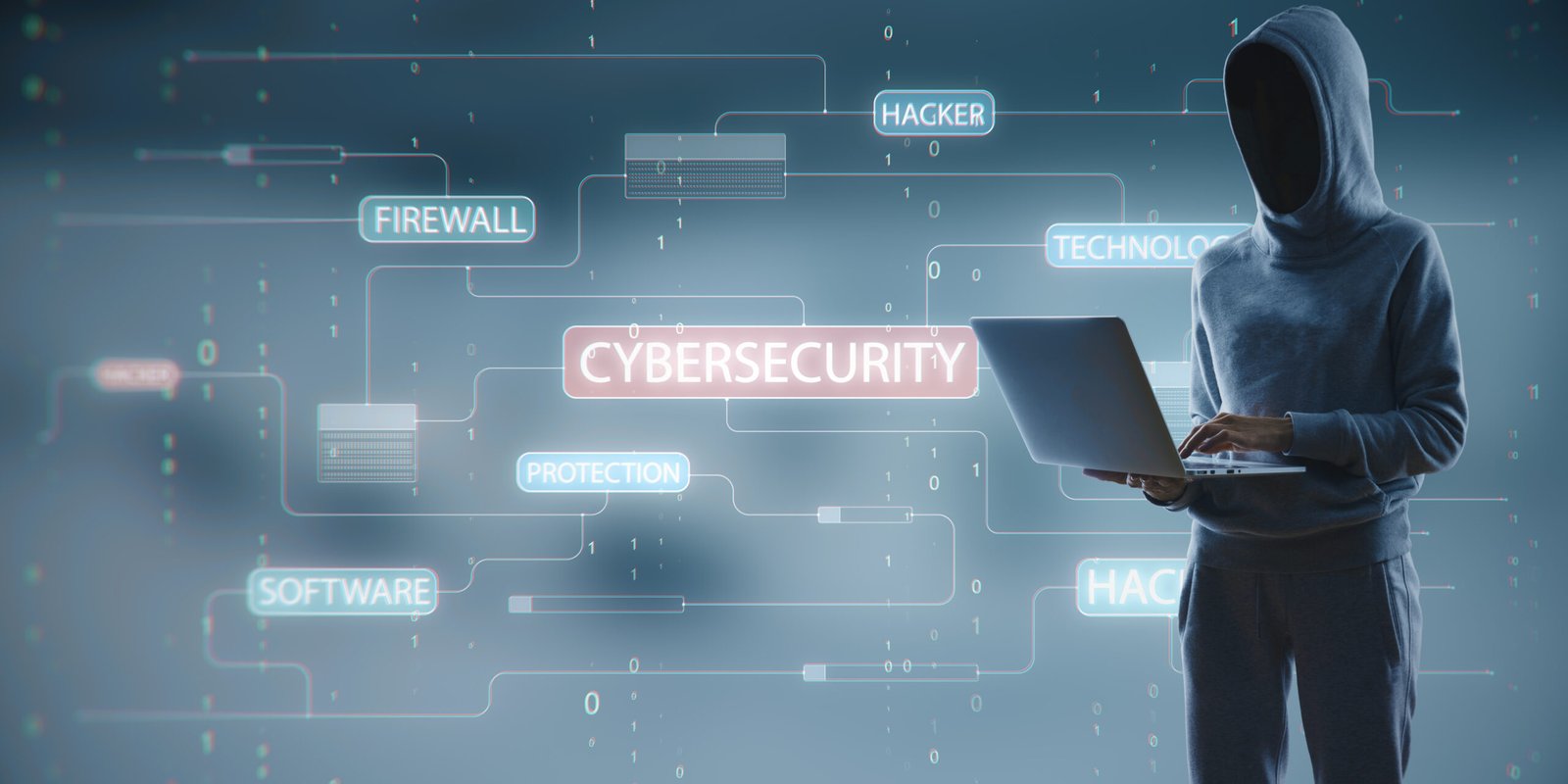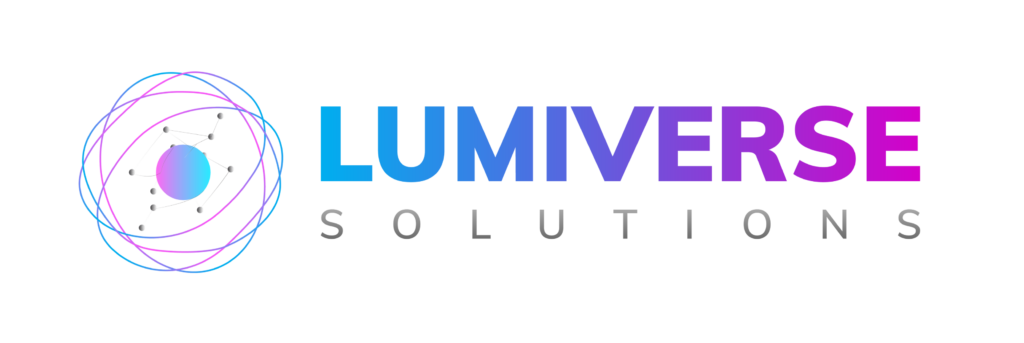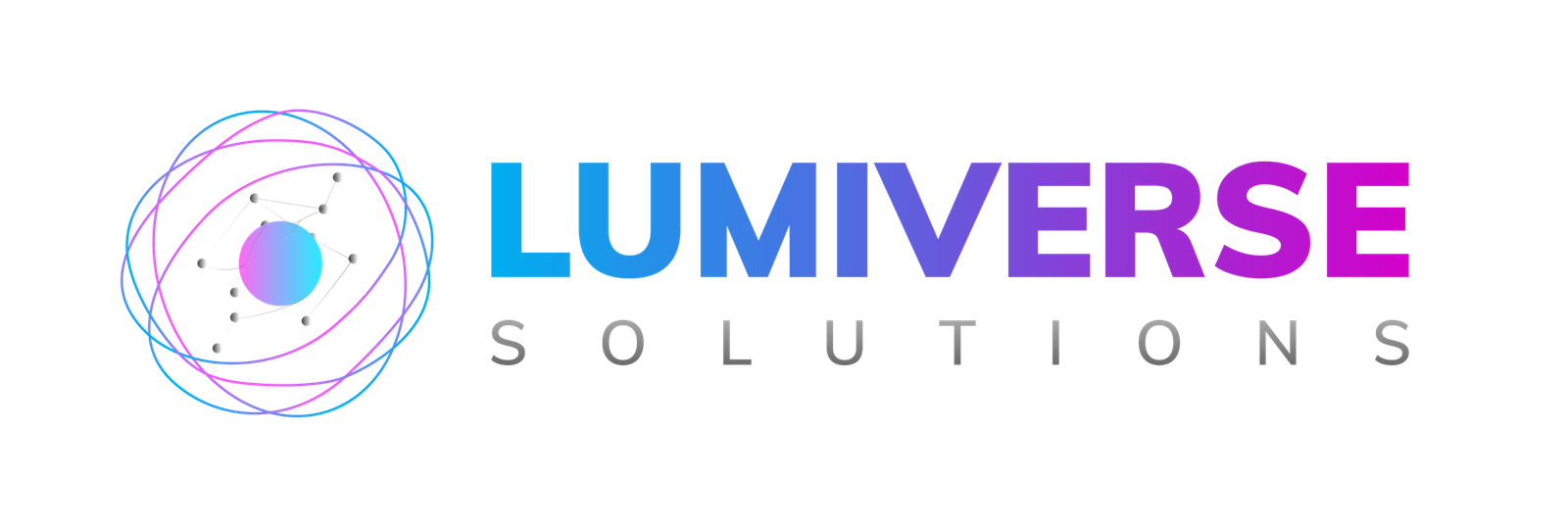New Guardians of the Web: Ethical Hackers in Cybersecurity

INTRODUCTION
In the age of cyberspace, when there is a likelihood of cyber attacks looming large over everything, the New Guardians of the Web have emerged as protectors from evil incursions. The protectors of networks, computers, and confidential information are ethical hackers or white-hat hackers. On a scale never seen before, at a time when cybercrime has scaled new levels, the need for ethical hackers is higher than ever before. In this blog, we discuss the role, importance, and future of these New Guardians of the Web in the constantly changing world of cybersecurity.
Learning Ethical Hacking
Ethical hacking is an aggressive method of cybersecurity, where professionals find loopholes in systems ahead of evil hackers. These New Guardians of the Web apply their skills to protect organizations from cyber attacks, and they are invaluable assets in today’s digital world.
Major Duties of Ethical Hackers
Penetration Testing – Simulation of cyber-attacks to detect and correct loopholes.
Network Security Audits – Scanning of security controls against unauthorized intrusions.
Incident Response – Fast response to security breaches to mitigate damage.
Cyber Threat Intelligence – Detection of new threats to provide pre-emptive security for systems.
Security Awareness Training – Training firms on best practices to avoid cyber attacks.
Bug Bounty Programs – Involving programs whereby firms provide funds to compensate ethical hackers to identify security bugs.
Reverse Engineering Malware – Reverse engineering malware to learn how to defend against it.
Building Security Tools – Creating sophisticated security tools to defend against future cyber attacks.
 Why Ethical Hackers Are the New Protectors of the Web
Why Ethical Hackers Are the New Protectors of the Web
With increasing cybercrime, organizations need skilled professionals to counter emerging threats. Ethical hackers are the first line of defense, safeguarding sensitive information. As they understand how to think like bad hackers, they can anticipate and eliminate threats before they can do any harm.[/caption]
The Growing Need for Ethical Hackers
Increase in Cyber Attacks: Businesses experience data breaches, phishing attacks, and ransomware attacks on a daily basis.
Regulatory Compliance: Governments implement stringent cybersecurity rules, and compliance is to be ensured by experts.
Technological Advancement: New security threats come with the arrival of AI, IoT, and cloud computing.
Lack of Cybersecurity Experts: There are immense requirements but very little supply for ethical hackers, thereby making their vocation extremely lucrative.
Rising Cost of Data Breaches: There are millions of dollars lost through cyber-attacks by companies, so there has to be stronger security.
Skills to Become a New Guardian of the Web
There is a certain skill set required for ethical hacking, with technical knowledge along with an in-depth knowledge of cyber threats. The fundamental skills are:
Programming Skills: Familiarity with languages such as Python, Java, and C++.
Networking Skills: Familiarity with firewalls, VPNs, and network protocols.
Operating System Skills: Familiarity with Linux, Windows, and macOS security.
Cryptography: Familiarity with encryption and data protection techniques.
Problem-Solving Skills: The ability to think fast to detect and fix security flaws.
Reverse Engineering Skill: Capable of reverse engineering malware and software flaws.
Cloud Security Skills: Capable of securing cloud infrastructure.
AI & Machine Learning Knowledge: Utilization of AI for cyber security.
Certifications
Certifications are essential to become a globally recognized ethical hacker. A few of the most valued credentials are:
Certified Ethical Hacker (CEH) – Provided by EC-Council.
Offensive Security Certified Professional (OSCP) – Held in highest regard for penetration testing.
Certified Information Systems Security Professional (CISSP) – Deals with broad security issues.
GIAC Penetration Tester (GPEN) – Complicated penetration testing technique involved.
CompTIA Security+ – General entry level certification dealing with basic security principles.
Certified Cloud Security Professional (CCSP) – Specialized to protect cloud infrastructures.
The Ethical Hacking Process
There is a step-by-step process adopted by ethical hackers in performing security audits comprehensively. The process includes:
Reconnaissance: Information gathering on the target system.
Scanning: Identifying open ports and vulnerabilities.
Gaining Access: Exploiting vulnerabilities to mimic security testing.
Maintaining Access: Pinging the existence of security loopholes.
Covering Tracks: Making sure that the activity of ethical hacking remains undetected.
Reporting & Fixing Vulnerabilities: Recording security weaknesses and applying solutions.
Industries That Rely on Ethical Hackers
Ethical hackers, or the New Guardians of the Web, are sought after by various industries:
Finance & Banking: Stopping financial fraud and protecting online transactions.
Healthcare: Safeguarding sensitive patient information from cyber attackers.
E-commerce: Safe online shopping experiences.
Government & Defense: Safeguarding national security data.
Technology & Software Companies: Protecting proprietary information and intellectual property.
Education Sector: Safeguarding students’ records and academic data from cyber attacks.
Social Media Sites: Ensuring the privacy of user information and avoiding privacy breaches.
The Future of Ethical Hacking
Technology continues to advance, and so do cyber threats. Ethical hackers will remain imperative in protecting digital assets. New trends in ethical hacking are:
Artificial Intelligence in Cybersecurity: Ethical hacking tools with AI to enable automated threat detection.
Blockchain Security: Increasing transparency and security for transactions online.
Cloud Security: Protecting cloud-based systems against cyber attacks.
IoT Security: Protecting smart devices from vulnerabilities.
Bug Bounty Programs: Incentivizing ethical hackers to find and report security flaws.
Quantum Computing: Getting ready for the next wave of encryption attacks.
Cybersecurity Automation: AI-driven automation solutions for quick response to cyber threats.
Zero Trust Architecture: A security model that presumes no system or user is trusted by default, and there is a need for continuous authentication and verification.
Challenges Faced by Ethical Hackers
Although they are valuable, ethical hackers are confronted by a multitude of challenges, some of which are as follows:
Legal and Ethical Challenges: Complying with cybersecurity regulations.
Emerging Threats: Staying informed about the latest hacking methods.
Ignorance: Businesses’ failure to grasp the value of ethical hacking.
Misconceptions Regarding Ethical Hacking: White-hat and black-hat hackers are often confused among them.
Intense Pressure & Stress: Perpetual struggle against sophisticated cybercriminals.
How to Get Started as an Ethical Hacker
To become an ethical hacker, one needs to be dedicated, learn, and gain hands-on experience. Here are the steps to begin your career:
Gain Technical Skills: Learn programming, networking, and security basics.
Gain Relevant Certifications: Gain CEH, OSCP, or Security+ certifications.
Practice Ethical Hacking: Create a virtual lab to experiment with penetration techniques.
Join Cybersecurity Communities: Work with professionals and remain updated.
Apply for Internships & Jobs: Develop hands-on experience to sharpen skills.
Join Bug Bounty Programs: Get paid and credited for finding vulnerabilities.
Keep Up with Cybersecurity Trends: Regularly update abilities and stay up to date with future threats.
Conclusion
The New Guardians of the Web, the ethical hackers, play a vital role in combating cybercrime. They use their expertise, their commitment, and their ethical way of hacking to ensure that businesses and individuals are secure in an increasingly digital age. The more cybersecurity threats evolve, the more important the role of ethical hackers will be. Whether you’re a budding cybersecurity expert or an entrepreneur looking for protection, it is important to learn the relevance of ethical hacking to have a safe digital future.
Disclaimer
This blog is for informational use only. The information presented here is not professional cybersecurity guidance. Although care has been taken to ensure accuracy, the domain of ethical hacking and cybersecurity keeps changing. It is recommended that readers perform their own research and consult a certified cybersecurity expert before adopting any security practices or ethical hacking methods. Ethical hacking must also be done with proper authorization since unauthorized hacking is illegal and penalized by different laws. Neither the author nor the publisher guarantees against any misuse of the information contained in this article.
Recent Posts
Categories
- Cyber Security
- Security Operations Center
- Cloud Security
- Case Study
- Technology Trends
Vulnerability Assessment & Penetration Testing (VAPT)
Buy our VAPT services to identify vulnerabilities, simulate real-world attacks, and strengthen your systems against cyber threats effectively.

iso compliance service
Buy our ISO Compliance services to streamline processes, ensure security, meet global standards, and maintain industry certifications with ease.

SOC 2 Compliance Audit
Ensure your business meets security, privacy, and compliance standards with our SOC 2 Compliance Audit services. Protect data, build trust, and stay secure. Buy our services today!

GDPR Compliance Audit Services
Ensure your organization meets GDPR standards with our expert compliance audit services. Protect data, avoid penalties, and enhance privacy practices. Buy our services today to stay secure and compliant!

Subscribe to our Research
Enter your email address to subscribe to Lumiverse Research and receive notifications of new posts by email.
Tell Us Your Opinion
We value your perspective! Share your thoughts, feedback, or questions below. Your opinion matters and helps create a richer, more engaging conversation. Let’s connect and hear what you think about this post!

